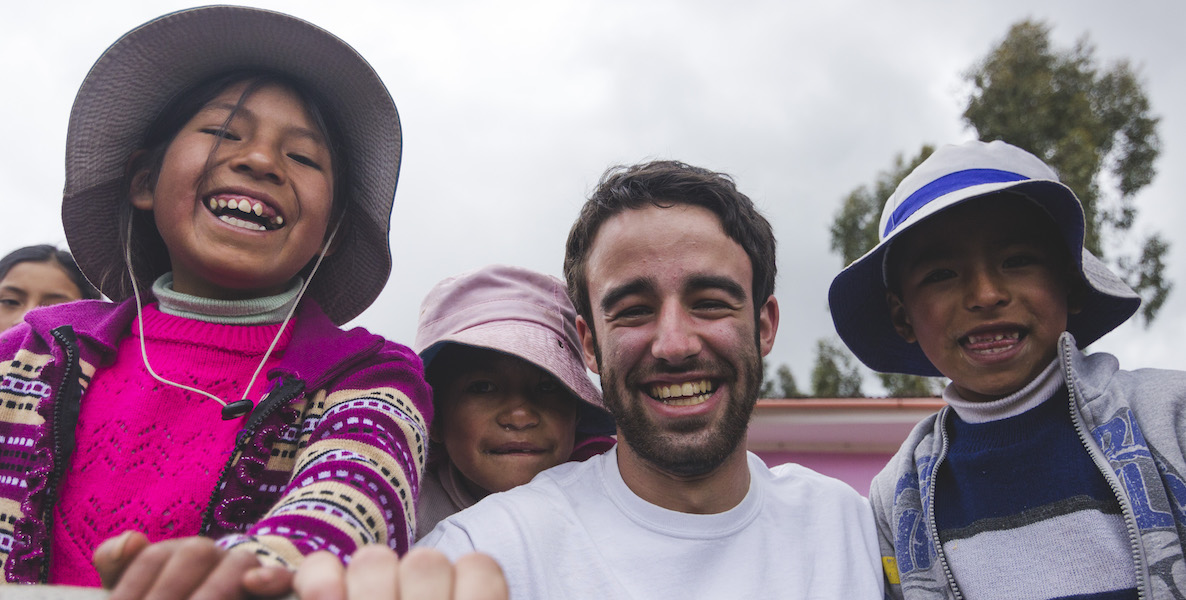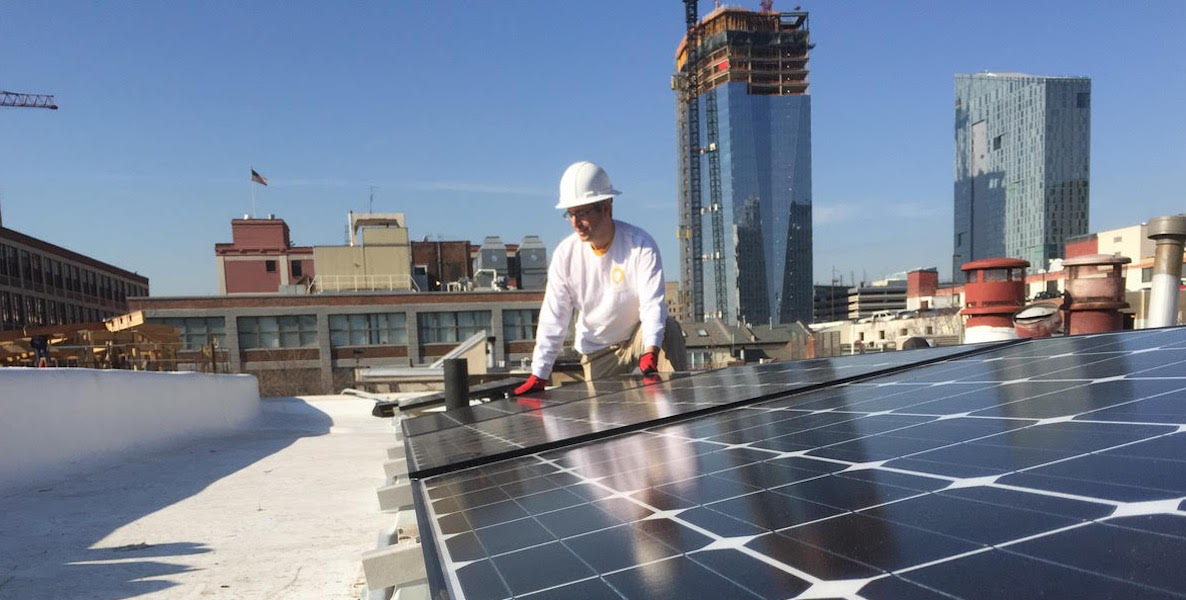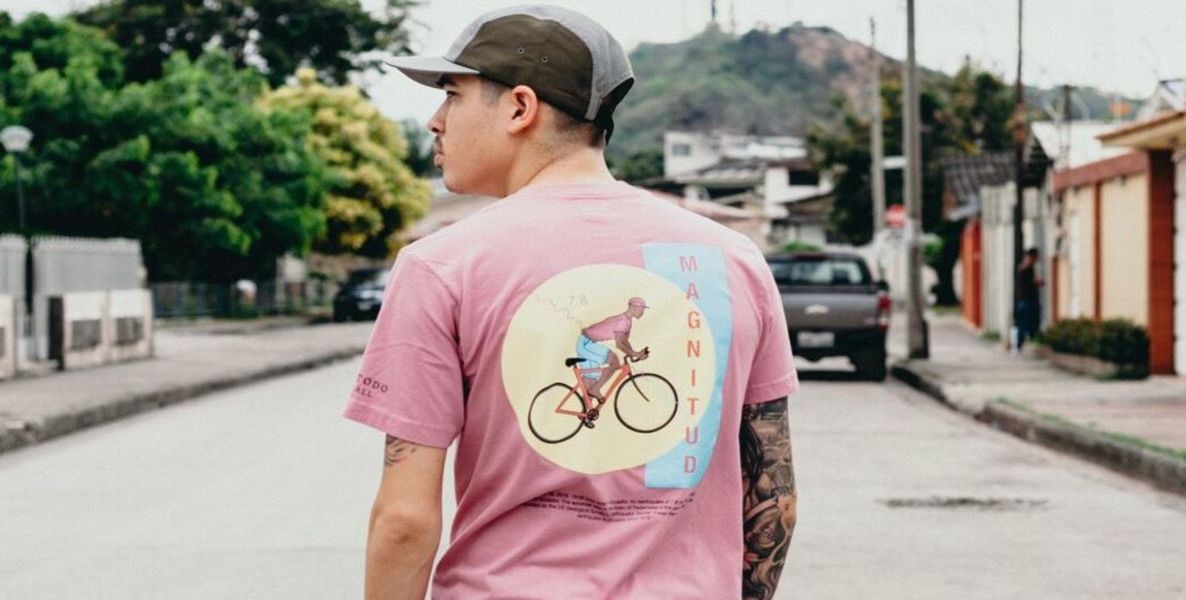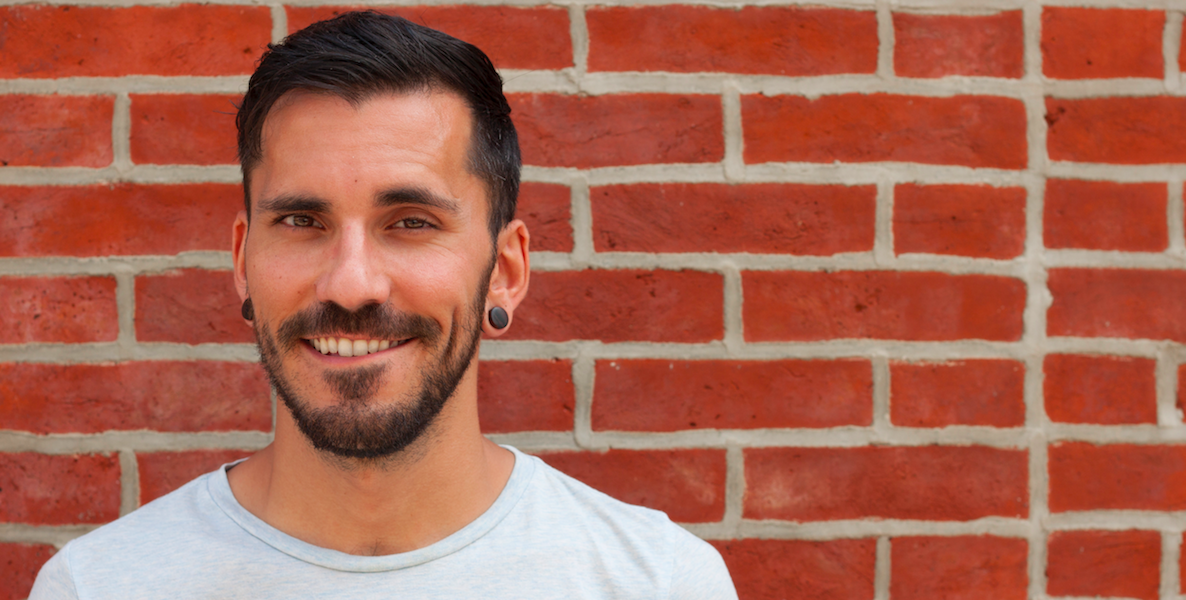At a time when Apple and Fitbit are working to bring more technology on to people’s wrists, Lorenzo Buffa, founder of the Analog Watch Co., is running in the opposite direction.
“We have a watch made from a rock,” Buffa laughs. “That’s pretty much the opposite of an Apple watch. Because we have phones in our pockets, a timepiece can serve more as a work of art.”
Buffa, who designs Analog’s products from his East Passyunk studio and display space where he and his two employees work, is talking about the company’s Mason Collection, which boasts watches made of marble. Analog also has a Carpenter Collection that includes watches and sunglasses made of wood; and it is currently taking pre-orders for the Botanist Collection, set to launch in February, which features watches, rings and cufflinks infused with moss and flowers. Analog also has a Classic Collection, which still incorporates materials from nature but does so in subtler ways to create more conventional looking watches.
Be Part of the Solution
Become a Citizen member.The watches—as the name says—are all analog, a stark counter to what you get from the newest Apple gadget. That is intentional. Buffa’s watches speak to this moment in time when, especially in a place like Philadelphia, it can be hard to find the quiet and solitude of nature—what bestselling author and researcher Richard Louv has called “Nature Deficit Disorder.” That is much to our detriment. As Louv chronicles in his book Last Child in the Woods, pulling away from nature and toward our TVs and tablets has had detrimental effects, including an increase in childhood obesity rates, attention deficit disorders and depression.
A watch is not going to make up for that nature deficit, entirely. But it is a reminder of nature, and what it means to humans, that Analog intends to bring to its customers.
![]() “We used to be in trees, we were together around fires,” Buffa says. “In the past 100 years, we’ve been forced into a different lifestyle, partially because of the Industrial Revolution. Our brains and bodies are still not caught up and there’s this primitive component that requires experiences in nature.”
“We used to be in trees, we were together around fires,” Buffa says. “In the past 100 years, we’ve been forced into a different lifestyle, partially because of the Industrial Revolution. Our brains and bodies are still not caught up and there’s this primitive component that requires experiences in nature.”
While Analog pulls from nature to benefit people, it also pulls from people to return the favor. A portion of the sale of each watch benefits different nonprofits. For each wooden watch sold, a tree is planted with Trees for the Future, a nonprofit that plants trees in Africa in order to supply families with wood, products to sell, and other vital materials; Buffa says they have planted more than ten thousand trees so far. Marble watch sales benefit EarthWorks, which works to make mining and energy extraction more environmentally responsible; and Classic watch sales support the Schuylkill Center for Environmental Education, allowing homeless families to visit the facility free of charge. “If we’re going to take from the environment to create products that inspire people, we also want to give back to the environment,” Buffa explains.
“We used to be in trees, we were together around fires,” Buffa says. “In the past 100 years, we’ve been forced into a different lifestyle, partially because of the Industrial Revolution. Our brains and bodies are still not caught up and there’s this primitive component that requires experiences in nature.”
Analog started in 2012 as Buffa’s senior thesis project for the Industrial Design program at University of the Arts. “I noticed a trend in the market for wooden accessories and a growing niche of wood watches, but most were made of wooden links, were copying the look of metal watches,” says Buffa, now 30. Instead, Buffa set out to create a brand-new product: a wooden watch with a soft, flexible band.
Buffa successfully completed his project, but it was just that—a project. He moved on, graduated, and struggled, as many do, to find a job in his field. Rather than flounder for too long, Buffa thought back to his senior project, and decided to embark on it as a business. He applied for and won a $6,000 grant from The Corzo Center for the Creative Economy, then launched a Kickstarter campaign in 2013 that raked in $75,000. Since then, he has opened a studio in East Passyunk and raised more than $250,000 on Kickstarter to launch his products.
![]() Deciding on a new natural material to use in his watches can be a challenge. “Every couple of months I make lists of natural materials, from grass to feathers to charcoal, and then I begin to pursue different manufacturing processes,” Buffa says. This process includes anticipating the challenges of each unique material. For the Botanist line, for example, this meant considering the effect of resin, in which the flowers and moss are set, on the watchmaking process. “If you’re one millimeter off, the watch stops functioning.” For the marble line, it was finding a manufacturer that could impeccably cut the marble down to size to fit on a wrist.
Deciding on a new natural material to use in his watches can be a challenge. “Every couple of months I make lists of natural materials, from grass to feathers to charcoal, and then I begin to pursue different manufacturing processes,” Buffa says. This process includes anticipating the challenges of each unique material. For the Botanist line, for example, this meant considering the effect of resin, in which the flowers and moss are set, on the watchmaking process. “If you’re one millimeter off, the watch stops functioning.” For the marble line, it was finding a manufacturer that could impeccably cut the marble down to size to fit on a wrist.
Once Buffa explores and conquers these challenges, the tiny pieces of each watch are made by manufacturers from Lancaster to Japan. All of the watches are available for purchase online, as well as in boutiques as far away as South Africa and in many major museums, including the Museum of Modern Art. They range in price from $130 to $150. (The Botanist watches are currently $99 as part of the pre-sale.)
While Analog pulls from nature to benefit people, it also pulls from people to return the favor. A portion of the sale of each watch benefits different nonprofits.
Buffa won’t say how many watches he has sold, but says he has been “cash positive” since he launched, something in which he takes great pride—especially given where he came from. Buffa, whose mom is from Philly and dad is an Italian immigrant, is the first person in his family to get a college degree; he then turned that art degree into a thriving business. Buffa spent his childhood in Palmerton, PA, a tiny coal town where he first engaged with the materials he would eventually turn into his livelihood.
“I’m a naturalist,” Buffa says. “Business and capitalism are quite contradictory when you compare them to being in a field meditating or picking flowers. The way I reconcile being in the modern world and running a business is by incorporating nature as much as possible.”







